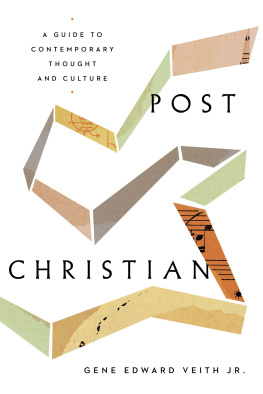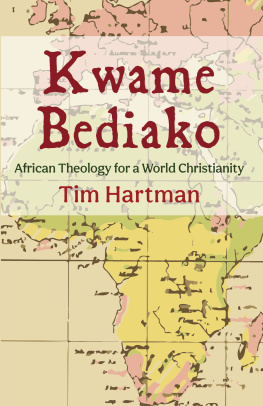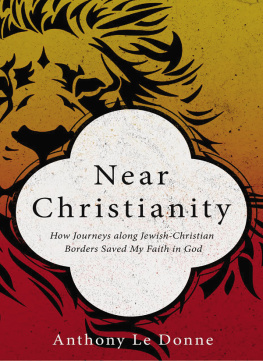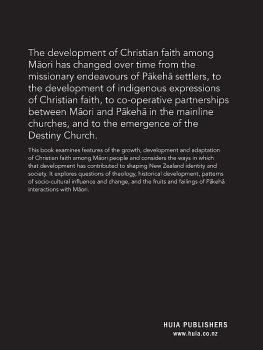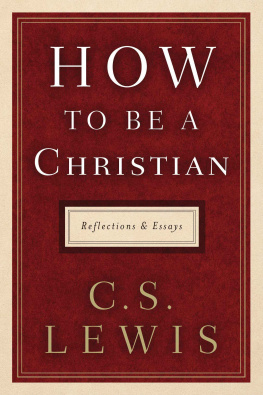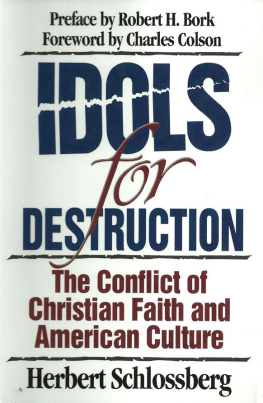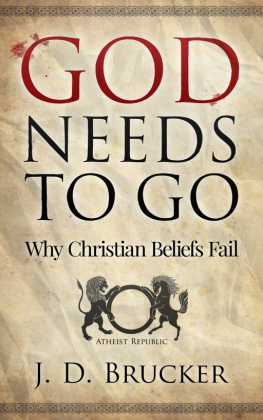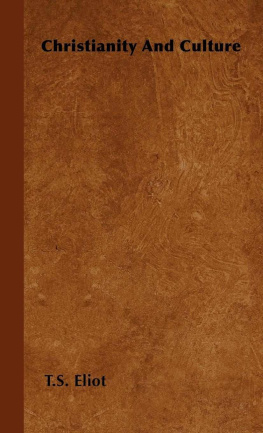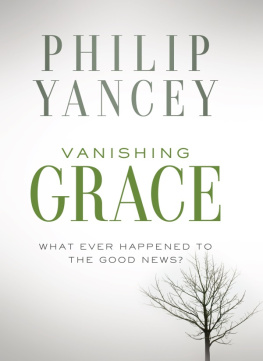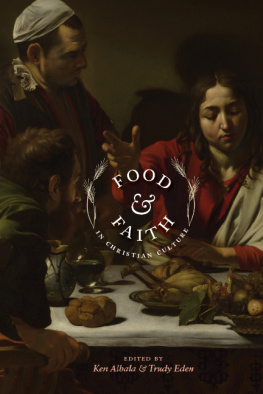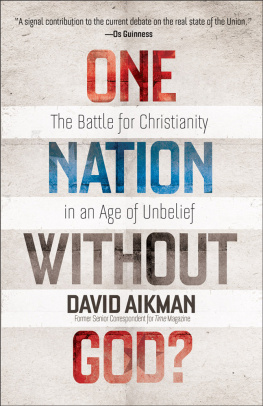Christianity and Russian Culture in Soviet Society
Published in cooperation with the Center for Contemporary Russian Studies, Monterey Institute of International Studies
CCRS SERIES ON
CHANGE IN CONTEMPORARY SOVIET SOCIETY
Nicolai N. Petro, Series Editor
Christianity and Russian Culture in Soviet Society, edited by Nicolai N. Petro
Self-Government and Freedom in Russia, Sergei Pushkarev, with an Introduction by Nicholas V. Riasanovsky
Christianity and Government in Russia and the Soviet Union: Reflections on the Millennium, Sergei Pushkarev, Vladimir Rusak, and Gleb Yakunin
First published 1990 by Westview Press
Published 2018 by Routledge
52 Vanderbilt Avenue, New York, NY 10017
2 Park Square, Milton Park, Abingdon, Oxon OX14 4RN
Routledge is an imprint of the Taylor & Francis Group, an informa business
Copyright 1990 by Taylor & Francis
All rights reserved. No part of this book may be reprinted or reproduced or utilised in any form or by any electronic, mechanical, or other means, now known or hereafter invented, including photocopying and recording, or in any information storage or retrieval system, without p ermission in writing from the publishers.
Notice:
Product or corporate names may be trademarks or registered trademarks, and are used only for identification and explanation without intent to infringe.
Library of Congress Cataloging-in-Publication Data
Christianity and Russian culture in Soviet society / edited by Nicolai
N. Petro.
p. cm.(CCRS series on change in contemporary Soviet
society)
ISBN 0-8133-7742-0
I. ChristianitySoviet Union. 2. Soviet Union
Civilization20th century. 3. Christianity and culture.
4. Soviet UnionChurch history1917 . 5. Church and stateSoviet
UnionHistory20th century. I. Petro, Nicolai N. II. Series.
BR936.C491990
274. 7.082dc20
89-49774
CIP
ISBN 13: 978-0-367-01306-6 (hbk)
Contents
, Philip Walters
, The Archbishop of Ivano-Frankovsk and Kolymia, Makarii
, Vladimir Abrekht
, A. Bessmertnyi-Anzimirov
, Douglas Durasoff
, Gleb Rahr
, Mikhail Agursky
, Libor Brom
, Valery Petrochenkov
, Dmitry Shlapentokh
, Oskar Gruenwald
, Mikhail Heifetz
, Nicolai N. Petro
Guide
This volume is the product of a three-day conference organized by the Center for Contemporary Russian Studies at the Monterey Institute of International Studies, January 1720, 1988. Sixty leading scholars of religion and politics from Israel, Canada, Germany, Holland, England, the United States, and the Soviet Union came to Monterey, California, to exchange views on church-state relations in the Soviet Union and the prospects for change. The Soviet delegation was headed by the Archbishop of Ivano-Frankovsk, Makarii, and included lecturers from the Moscow and Leningrad Spiritual Academies. In addition, through the auspices of Keston College, ten papers were prepared for the conference by unofficial religious activists in the Soviet Union, two of which were read in absentia.
Two themes that emerged during the course of the conference are reflected in this book. One is the tension between the expression of Christian beliefs and the legal restrictions imposed by the Soviet State on professions of faith. The other is the growing importance of Christian culture to the process of perestroika. Indeed, it is in recognition of the latter that the regime is now adopting a somewhat more tolerant attitude toward religious belief.
Soviet legislators have been slowly trying to resolve the contradiction between the official policy of separation of church and state and the de facto control which state officials exercise over religious appointments to this day. Added to this are the increasingly frequent independent initiatives of parishioners wishing to restore their run-down churches and monasteries, or to become involved in charitable activities. These contradictions in the current legal position of religious believers are reflected in the differing assessments by the authors in this volume. The confusion has changed little in the two years since this conference was held.
At the beginning of 1988, it was not yet clear how the Orthodox Church would be permitted to celebrate the millennium of the baptism of Rus. In retrospect, the unprecedented amount of media coverage given to the clergy during this national celebration marks a turning point in official attitudes toward religion. Not only did the government sanction a more visible social role for the church and restore to it previously sequestered properties such as the monastery at Tolgsk and sections of the Kiev Monastery of the Caves, but the church for its part increasingly asserted its importance to the process of social restructuring of Soviet society. The culmination of this new attitude came when five clergymen were elected to the newly formed Congress of Peoples Deputies. These positive developments in church-state relations are discussed in the contributions by Archbishop Makarii and Philip Walters.
Last years millennium celebrations, however, also highlighted the fundamental inequality that still characterizes the status of religious believers in an atheist state. These inequalities are graphically discussed in Vladimir Albrekhs and A. Bessmertnyi-Anzimirovs samizdat contributions received from the Soviet Union, and by Gleb Rahr, a long-time observer of church affairs. Such concerns linger because the regime appears unable or unwilling to relinquish its ideological hostility toward religion, as evidenced by articles in the Party press critical of the churchs claim to any social role, and by the recent unceremonious removal of Konstantin Kharchev from the chairmanship of the Council on Religious Affairs of the U.S.S.R. Council of Ministers. Increasingly, Kharchev had been seen as critical of the restrictive measures imposed on religion during the 1930s, and as an advocate of legal reform equalizing the status of atheists and religious believers. Douglas Durasoff and Philip Walters trace the ebbs and flows in official policy on religion and offer preliminary criteria for gauging the success of the reforms in this area.
The second theme of the conference is the growing influence of Christian culture in the Soviet Union. Today there is unanimous agreement among Soviet government officials and regime critics about the low cultural level of society and its impact on civic affairs. But while the official response has been to emphasize the restoration of communist ideals and the revitalization of Marxism-Leninism, others in society have reached the conclusion that todays social problems can only be addressed through a return to religious values. For them the root cause of social apathy and low civic culture lies in the loss of the peoples ties to Christian culture and Russian histoiy.
The close connection of the Christian cultural tradition with Russian national identity was underscored by several speakers at the recent Congress of Peoples Deputies, most notably by writer Valentin Rasputin, and by the vice-chairman of the Soviet Cultural Fund, Sergei Averintsev. In the present volume, Mikhail Agursky and Libor Brom discuss the evolution of two prominent Soviet intellectual figures, Maksim Gorky and Alexander Zinoviev, away from materialism. Valery Petrochenkov, Dmitry Shlapentokh, and Oskar Gruenwald then highlight the prominent place Christian themes occupy in contemporary Soviet Russian culture. Mikhail Heifetz traces the impact of the Christian revival - and the closely associated Russian national revival - on Russian-Jewish relations, while Nicolai Petro examines the legacy of Russian religious philosophy, and its impact among contemporary Soviet intellectuals.


